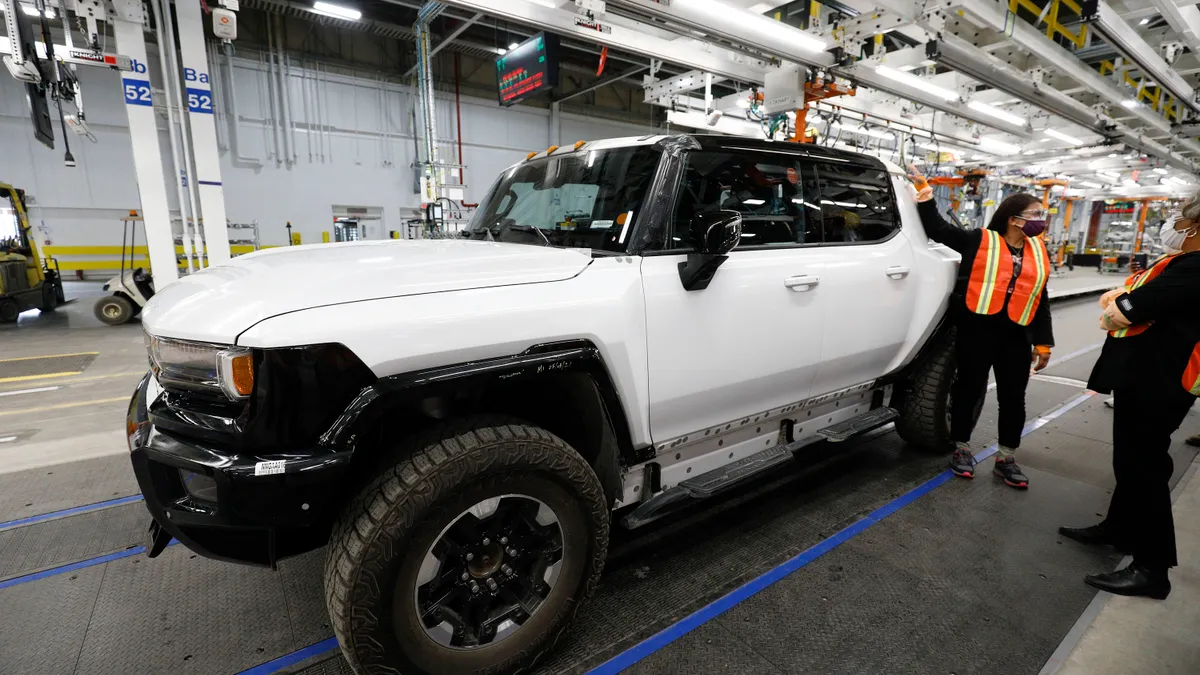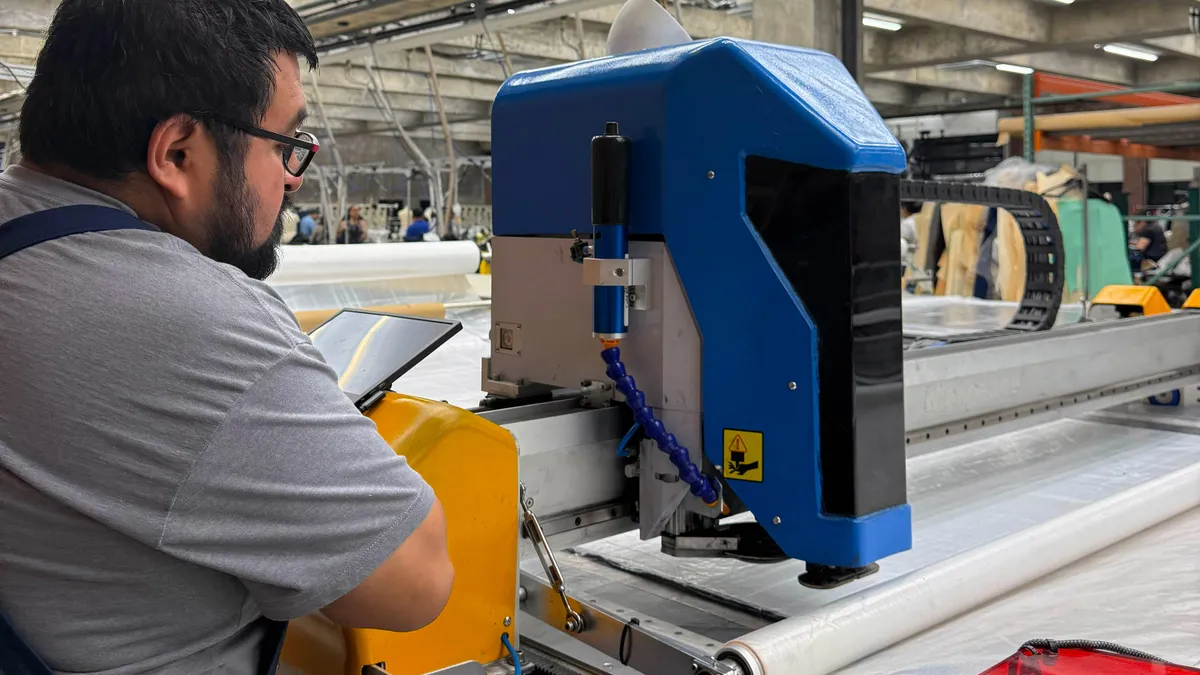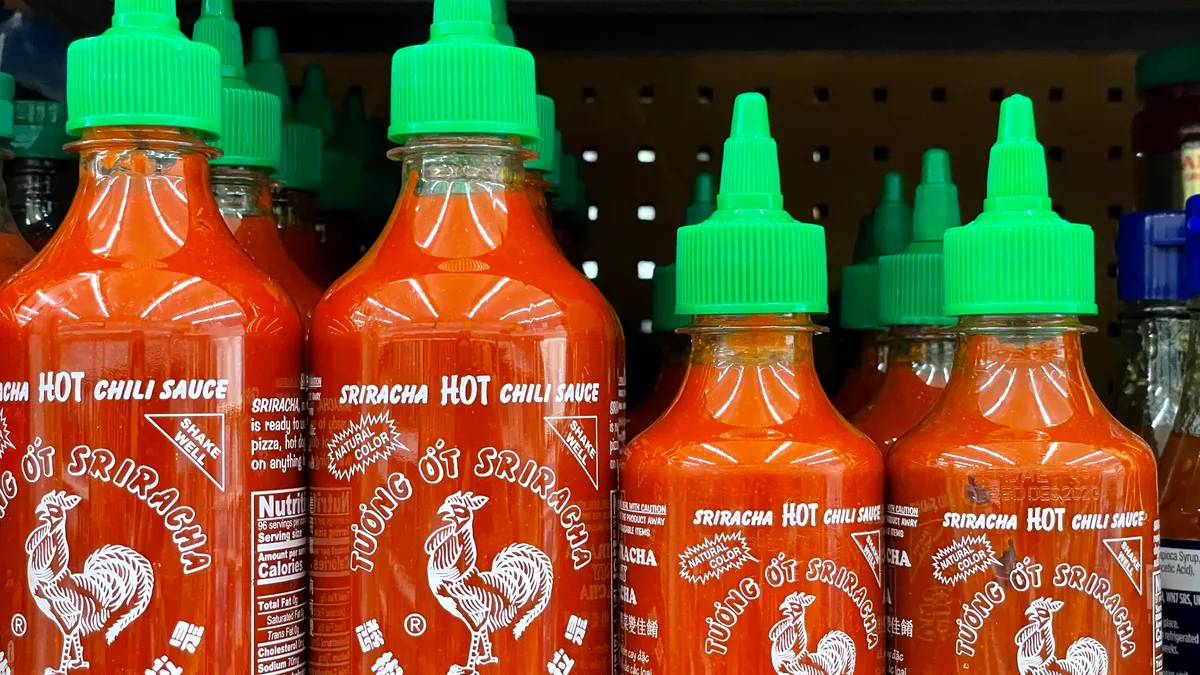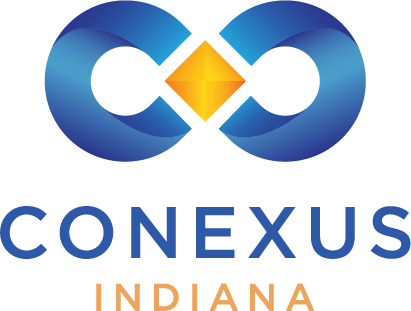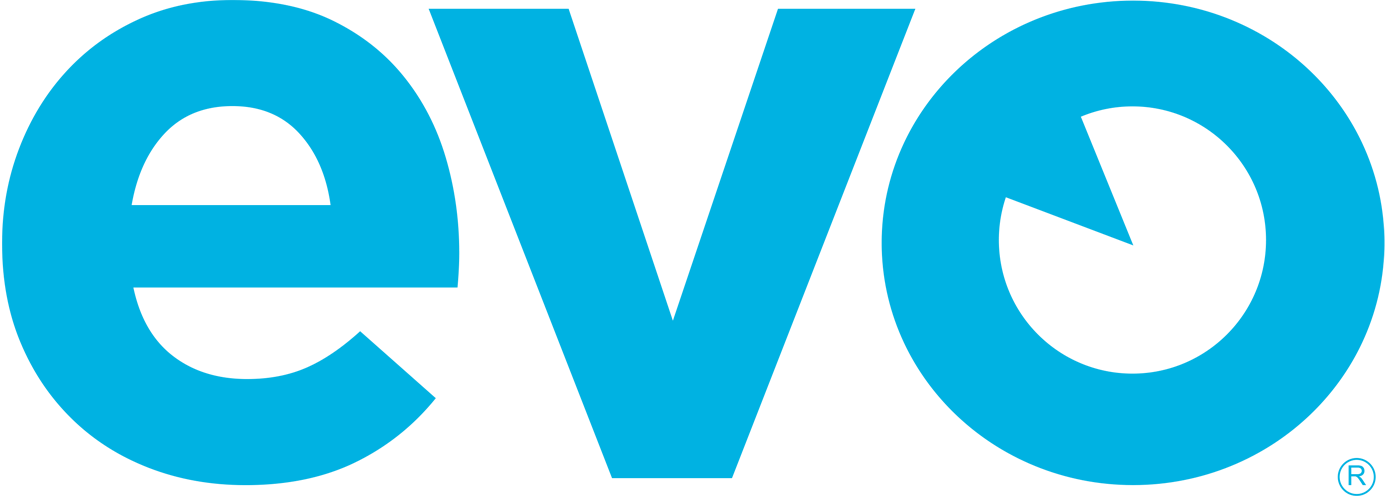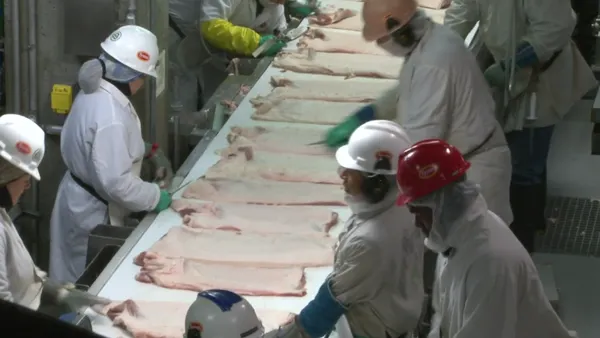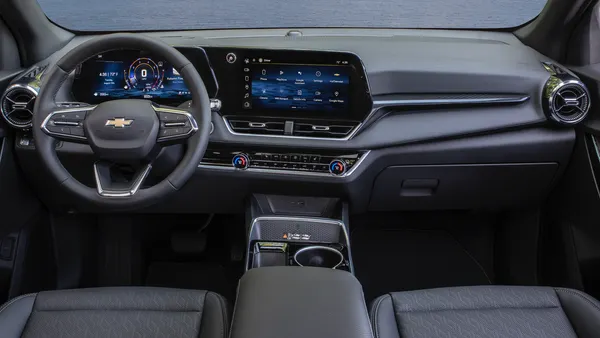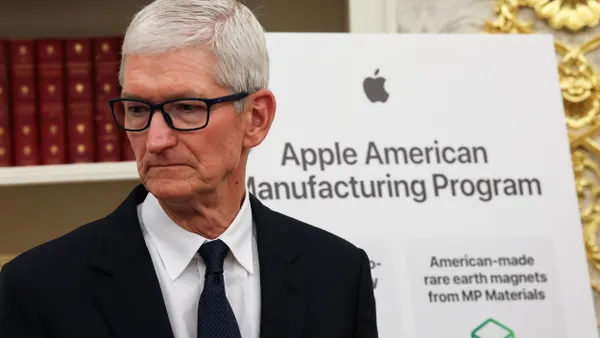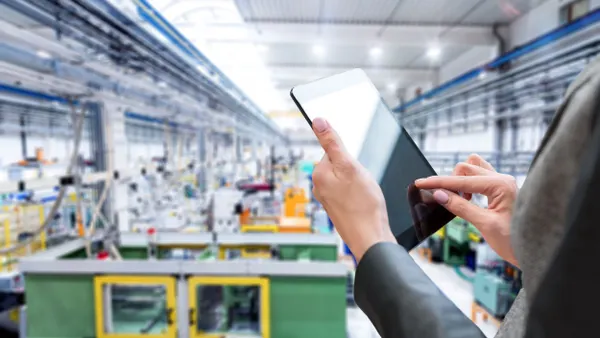Dive Brief:
- General Motors has signed a long-term agreement with nickel sulfate producer Vale Canada Limited for raw battery materials to support its growing electric vehicle production targets, GM announced last week.
- The Canada-based company will provide 25,000 metric tons of refined nickel annually from its planned factory in Bécancour, Québec, Canada, for use in GM’s Ultium battery cathodes in a range of EVs, according to a press release.
- The amount of refined nickel is enough to supply an estimated 350,000 EVs yearly, with deliveries expected to start in the second half of 2026.
Dive Insight:
More automakers are sourcing critical minerals for EV components from U.S. free trade partners to qualify for consumer tax incentives in the Inflation Reduction Act.
GM has also followed suit, inking recent supply agreements with companies in Australia and Canada. The automaker partnered with Queensland Pacific Metals for a steady supply of nickel and cobalt sulfates to power its battery cells in October. Now, it has added Vale Canada — a subsidiary of Brazil-based mining company Vale S.A. — to its supplier roster.
“Canada continues to play an important role in GM's all-electric future and the material sourced from Vale will help support EV eligibility for consumer incentives under the new clean energy tax credits in the U.S.,” Doug Parks, GM executive VP of Global Product Development, Purchasing and Supply Chain, said in a statement.
The companies have also agreed to study ways to partner on harvesting recycled metals through technology development and commercialization, according to the release.
Signed into law in August, the act requires 50% of key raw battery materials to be extracted or processed in the U.S. or countries with U.S. free trade agreements in place, or recycled in North America.
Canada has emerged as a viable supplier as it houses large quantities of minerals required to make lithium batteries, which EVs tend to run on. The country is one of the largest Class 1 battery-grade nickel producers. Following the IRA’s passage, both Volkswagen and Mercedes-Benz signed agreements with the government of Canada to secure lithium, cobalt and other raw materials.



